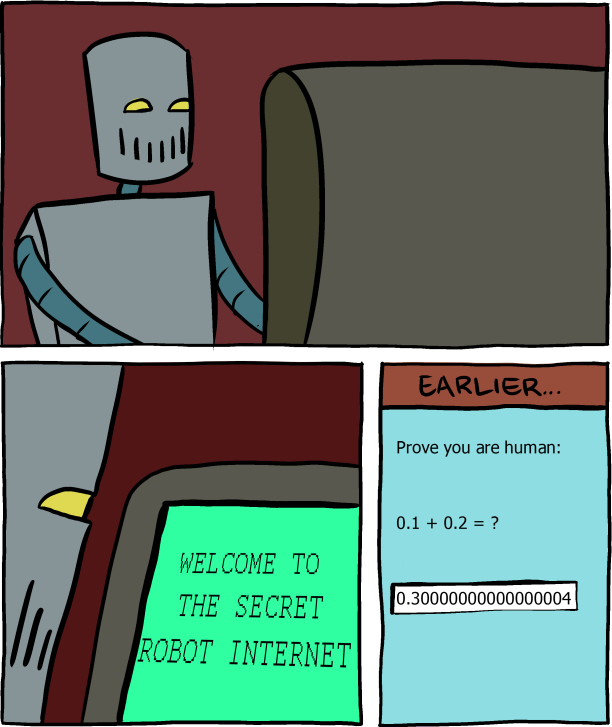Course Description

Computational methods for solving numerical problems in science, engineering and business. Linear and non-linear equations, approximation, optimization, interpolation,integration and differentiation. The aim is to give students a basic understanding of floating-point arithmetic and the implementation of algorithms used to solve numericalproblems, as well as a familiarity with current numerical computing environments.Course concepts are crucial to a wide range of practical applications such as computational finance and portfolio management, graphics and special effects, data mining and machine learning, as well as robotics, bioinformatics, medical imaging and others.
See the Syllabus for more information.
Course Staff and Contact
Instructor: Lisa Zhang
Office Hours: Monday 2pm-4pm and by appointment
Office: DH3078
Email: lczhang [at] cs [dot] toronto [dot] edu
Teachin Assistant:
Please include "CSC338" in your subject.
All announcements will be made on Piazza and Quercus
Textbook
Michael Heath, Scientific Computing: An Introductory Survey, Second Edition, McGraw Hill, 2002.
Roughly the first half of the book will be covered. The relevant chapters have been made available by McGraw Hill in the textbook store at a special price.
Tentative Schedule
The course schedule is tentative and subject to change.
Lecture 1 (Jan 8)
| Tutorial 1 (Jan 9) - Optional
| Readings:
Recommended Review
| |
Lecture 2 (Jan 15)
| Tutorial 2 (Jan 16)
| Reading
| Homework 1 (due Jan 15) Handout and Starter Code [html] [pdf] [ipynb] [py] |
Lecture 3 (Jan 22)
| Tutorial 3 (Jan 23) | Reading
Additional Reading | Homework 2 (due Jan 22) Handout and Starter Code [html] [pdf] [ipynb] [py] |
Lecture 4 (Jan 29)
| Tutorial 4 (Jan 30)
| Reading
| Homework 3 (due Jan 29) Handout and Starter Code [html] [pdf] [ipynb] [py] |
Lecture 5 (Feb 5)
| Tutorial 5 (Feb 6) | Reading
| Homework 4 (due Feb 5) Handout and Starter Code [html] [pdf] [ipynb] [py] |
Lecture 6 (Feb 12)
| Tutorial 6 (Feb 13)
| Reading
| Homework 5 (due Feb 12) Handout and Starter Code [html] [pdf] [ipynb] [py] |
| Reading Week. | Instructor Office Hours Wednesday Feb 17th 12pm-2pm DH3078 | ||
|---|---|---|---|
Lecture 7 (Feb 26)
| No tutorials this week |
| |
Lecture 8 (Mar 4)
| Tutorial 8 (Mar 5)
| Reading
| Homework 6 (due Mar 4) Handout and Starter Code [html] [pdf] [ipynb] [py] Data Files [mnist_images.npy] [mnist_labels.npy] |
Lecture 9 (Mar 11)
| Tutorial 9 (Mar 12)
| Reading
| Homework 7 (due Mar 11) Handout and Starter Code [html] [pdf] [ipynb] [py] |
Lecture 10 (Mar 18)
| Tutorial 10 (Mar 19)
| Reading
| Homework 8 (due Mar 18) Handout and Starter Code [html] [pdf] [ipynb] [py] |
| Lecture 11 (Mar 25) | Tutorial 11 (Mar 26)
| Reading
| Homework 9 (due Handout and Starter Code [html] [pdf] [ipynb] [py] |
| Lecture 12 (Apr 1) | No Tutorial | Reading
| |
Final Examination Schedule You can find old csc338 exams here. Keep in mind that the content covered each term may be different. | |||